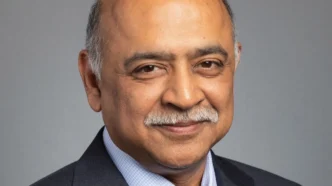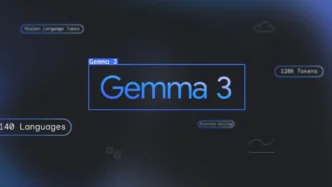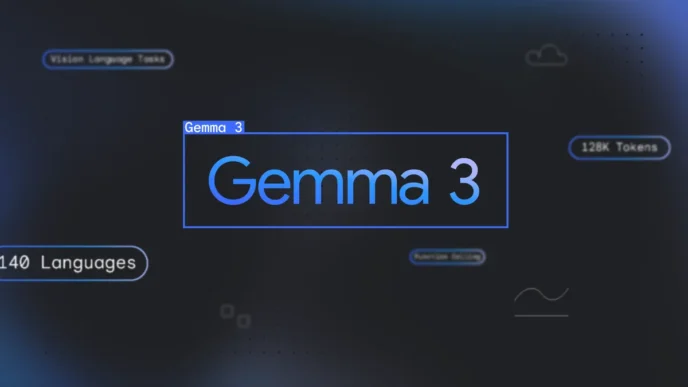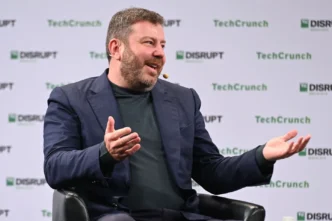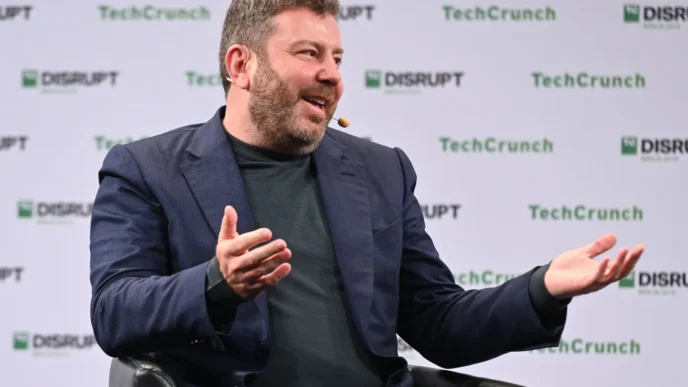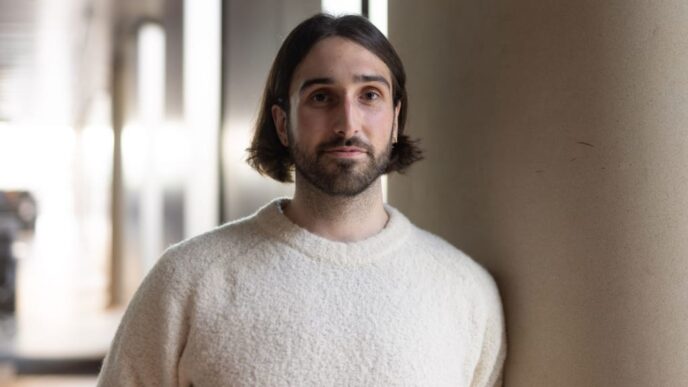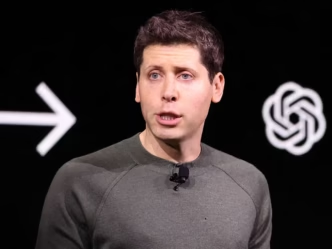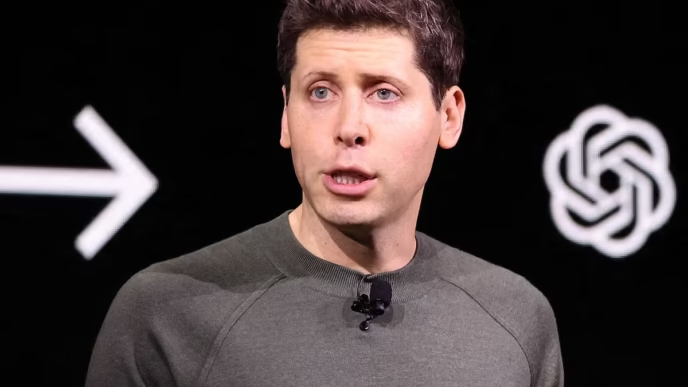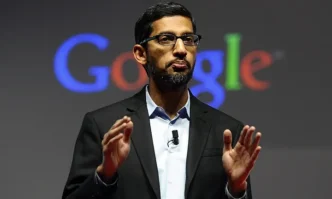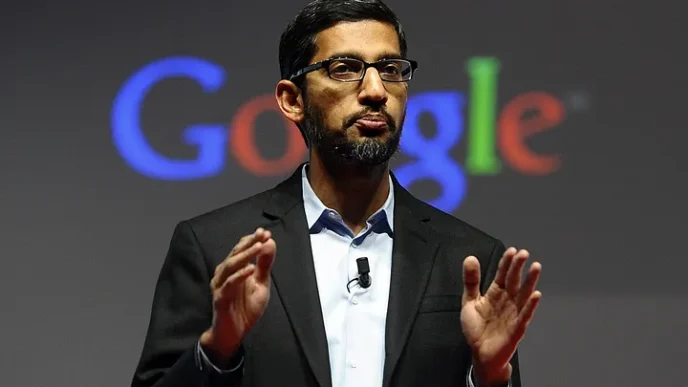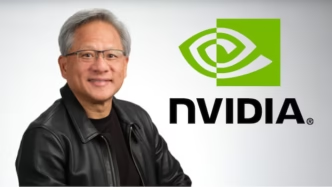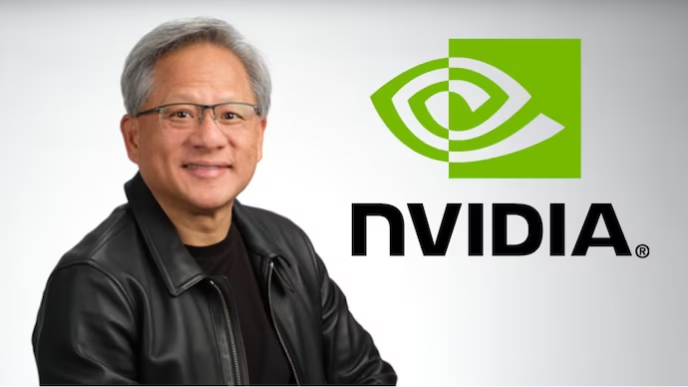Arvind Krishna, CEO of IBM, remains skeptical about claims that artificial intelligence will soon take over programming jobs. In a recent talk at SXSW 2025, Krishna challenged bold predictions about AI’s growing role in software development, emphasizing that while AI is a powerful tool, it won’t be replacing human programmers anytime soon.
The Reality of AI in Software Development
Addressing a recent statement by Anthropic CEO Dario Amodei, who suggested that 90% of coding could be AI-generated within months, Krishna strongly disagreed.
“I think the number is more like 20-30%, not 90%,” he said. “While AI can handle simple coding tasks, many complex applications will still require human expertise.”
Krishna believes that instead of replacing developers, AI will enhance their productivity, allowing them to write more code in less time. He pointed out that history favors companies that boost efficiency, leading to market expansion rather than job losses.
“If you can produce 30% more code with the same team, will companies write less code or more? The answer is more—leading to growth and innovation,” Krishna added.
IBM’s Position on AI and Employment
Krishna’s stance is a notable shift from his 2023 statement, where he revealed that IBM planned to pause hiring for certain roles that AI could potentially replace. However, his latest remarks highlight a different perspective: AI as a collaborative tool rather than a job killer.
Comparing AI advancements to the rise of calculators and Photoshop, Krishna argued that new technology augments human skills rather than rendering them obsolete.
“It’s a tool,” he explained. “If AI improves the quality of work, consumers ultimately benefit from better products.”
The Future of AI: Cost and Energy Efficiency
Krishna also addressed concerns about AI’s computational and energy demands. While AI models like OpenAI’s GPT-4 require massive computing power, he predicts a significant drop in energy consumption over time.
“AI will eventually consume less than 1% of the energy it does today,” he said, referencing emerging techniques showcased by Chinese AI startup DeepSeek.
Despite these advancements, Krishna remains unconvinced that AI will lead to groundbreaking new discoveries. Unlike OpenAI’s Sam Altman, who envisions superintelligent AI reshaping innovation, Krishna sees quantum computing as the real game-changer in scientific progress.
“AI learns from existing knowledge—it doesn’t generate new fundamental truths,” he said. “Quantum computing, on the other hand, could push humanity into the next era of discovery.”
A Balanced Approach to AI
IBM has a vested interest in AI, offering AI-powered coding tools and enterprise solutions. However, Krishna’s take offers a more measured view than some industry leaders who predict a near-total AI takeover.
While AI continues to evolve, Krishna’s perspective suggests that its biggest impact will be enhancing human capabilities, not replacing them entirely. Developers, for now, remain indispensable.
Keep up with AI news on Startupmars.
